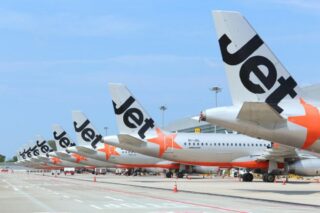NEW FOREIGN players may continue to shun the Philippines’ lucrative telecommunications sector as the country’s weak regulatory environment favoring powerful incumbent players is considered a “major risk,” according to the research arm of US-based Fitch Group.
A series of reports released by BMI Research last week showed this risk was in full display after talks between Filipino conglomerate San Miguel Corp., which is seeking to break into the telco business, and Australia’s Telstra Corp. Ltd. collapsed last March.
“BMI believes Philippine Long Distance Telephone and Globe Telecom used their market dominance and the ineffective regulatory regime to comprehensively block all avenues for the proposed joint venture, highlighting the risk of doing business in the Philippines’ telecoms market,” BMI Research said.
Regulation in the Philippines is being handled by the National Telecommunications Commission. However, BMI Research said the agency “scarcely intervenes on incumbents’ anticompetitive practices.”
Given this, the Philippines was at 14th place based on BMI Research’s risk reward index for the telecoms sector. This figure lags behind the regional average in “both country reward and industry risk score,” it said.
For the quarter alone, the Philippines’ industry risk score suffered a 20-point downgrade “as the ineffective regulatory regime played a large role in Telstra’s withdrawal from a proposed joint venture with San Miguel,” BMI Research said.
Both PLDT and Globe, respectively backed by Japan’s NTT DoCoMo and Singapore Telecommunications, launched a public relations campaign and threatened lobbying to gain a piece of San Miguel’s powerful 700 megahertz spectrum. This followed the announcement that the conglomerate was in talks with Telstra last year.
San Miguel president Ramon S. Ang said they would proceed with the launch of a more powerful and cheaper LTE Internet service that would compete with the PLDT-Globe duopoly within this year.



